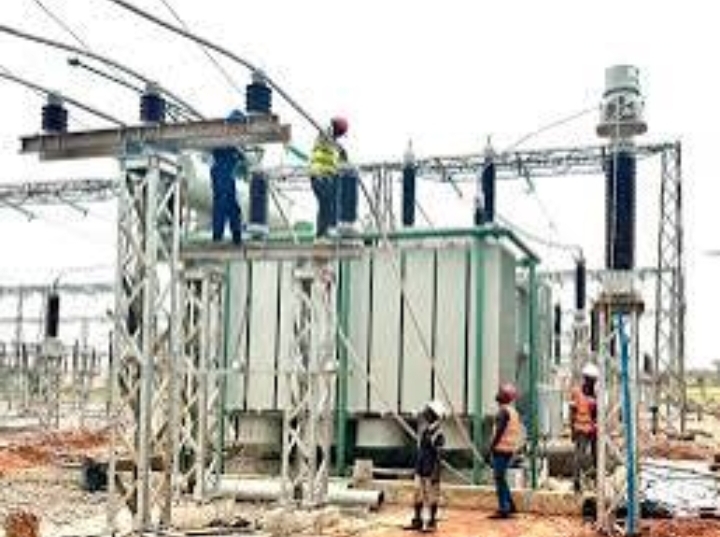The Federal Government has said that a poor maintenance culture, inadequate and aged equipment, among other challenges, are the underlying factors responsible for the incessant collapses of the national electricity grid.
The panel also stated that the high voltage of electricity surpassing the capacity of its equipment caused the blackout witnessed on October 14 and 19, 2024.
The Chairman of the investigative committee probing reasons for grid collapse, Nafisatu Asabe Ali, revealed this during the report presentation at ministry headquarters on Wednesday in Abuja.
This came barely 24 hours after the latest collapse that occurred on Tuesday, making it the 10th time the national grid would collapse in 2024 alone.
According to her, the investigative team observed similar challenges and problems affecting all stations during its probe.
She said the investigative team examined the grid collapse incident that occurred on October 14 and 19 and found out that the shattering of lightning arrestors in Jebba and Oshogbo transmission stations and the explosion of a CT also in Jebba Station were reasons for both incidents.
According to her, “For the event on the 14th, lightning arrestors in Jebba and Oshogbo shattered. The one in Jebba was for the shunt reactor and this was caused by high voltage. Subsequently, we had the tripping of multiple 330kV lines. It kept going until it became major.
“The remote cause of that is the unavailability of the second reactor in Jebba, and that is because Jebba, by the design of the network and sometimes the topology of the network at a particular time is very prone to high voltage.”
“We had two shunt reactors in Jebba before this event, however, one packed up. It is faulty, and so the voltage rose to about 400KV, which is beyond the threshold. High voltage degrades equipment insulation.
“If you expose equipment to high voltages for a long time, it degrades the insulation. And, of course, there’s a risk of failure. So, that was a remote cause for that. But the underlying causes are aged equipment. In our findings, we confirmed that Jebba was commissioned in 1968. Some of the equipment was commissioned alongside the substation. So, aged equipment. And maintenance culture is also an issue.”
The committee also listed several factors affecting the management including vandalism of power infrastructures, lack of free governors at power generation plants, uncoordinated maintenance schedules, and lack of adequate human capacity.
Responding to this, the Minister of Power, Adebayo Adelabu, said the ministry would push for additional funding from the 2024 Supplementary Budget and the 2025 Appropriation Bill to resolve the financial implications of strategies needed to curb the incessant grid collapse.
He expressed optimism that the frequent collapses of the Nigerian power grid system could be curbed with the implementation of far-reaching reforms, stating that “this incessant grid collapse, which is quite unfortunate and is worrisome to me personally as the Honorable Minister of Power overseeing this sector.”
Adelabu added that he would present an amended report to aid his submission to Tinubu owing to the financial implications.
He said, “Today’s meeting is to receive a report on the agency committee set up about two and a half weeks ago, to reveal the root cause of the incessant grid disturbances that we have experienced in the past few months. This is not good for us as a country. It is not good for us as a power sector. It is not good for us as a ministry of power and other agencies.”
The committee also listed recommendations for the audit and tests of existing equipment and improvement in maintenance of the transmission equipment and lines, installation of harmonics filters by Disco and Genco customers, decentralisation of TCN central store, enforcement of Free Governor Mode of Operation and removal of ad-lash taped optic fibre for Optical Ground Wires.

